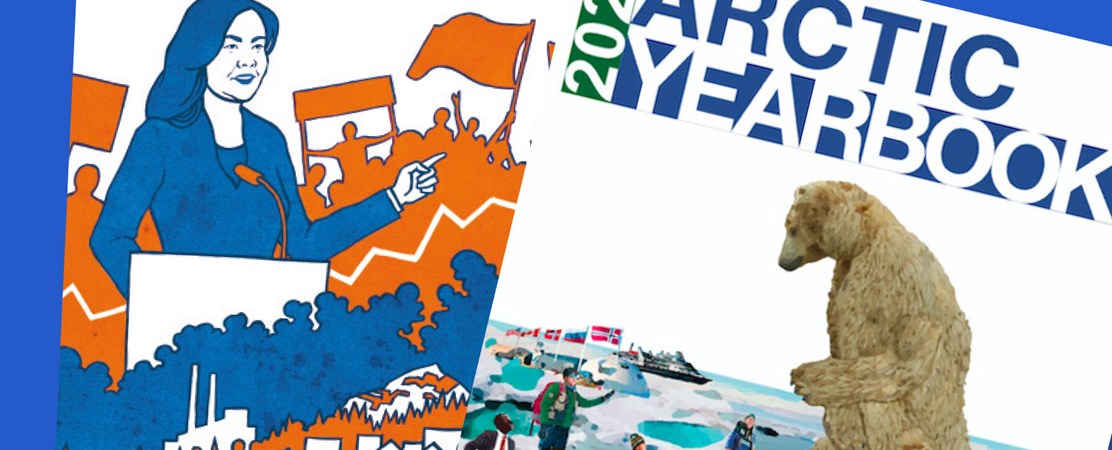The Arctic Yearbook: An Open Access Platform for Arctic Studies and Research

By Lassi Heininen, Lead of the UArctic Thematic Network on Geopolitics and Security, Professor Emeritus, University of Lapland, Editor, Arctic Yearbook and Heather Exner-Pirot, Managing Editor, Arctic Yearbook, Fellow, Macdonald Laurier Institute
Since the beginning of the 21st century, the way people communicate, learn, and share information has been transformed by the widespread adoption of the internet and emails. This has allowed institutions such as UArctic to flourish, as networks of learners and scholars, living thousands of kilometres away from each other, have formed around shared interests in the peoples, politics, and environment of the Arctic region, as itself and in global context.
Out of one of these networks arose the Arctic Yearbook (established by the UArctic Thematic Network on Geopolitics and Security) which will publish its tenth volume in 2021. The Arctic Yearbook was conceived and established as an open access volume at a time when most academic literature was still hidden behind journal paywalls. It has managed to provide high-quality peer-reviewed scholarly articles at no cost with the assistance of Arctic Portal, an Icelandic non-profit which has hosted the website for free, and through the networks and volunteer efforts of its editors. Ultimately this has allowed the Yearbook to remain independent, quick, and flexible, and focus on publishing new research findings rather than being occupied with seeking funding. The total so far is a digital library of more than 190 scholarly articles, and 130 briefing notes and commentaries.
The need to democratize knowledge by making academic literature available free of charge, especially where the related research is publicly funded, has become apparent. In the Information Age, it is not tenable to gatekeep the highest quality and most rigorous data and insight available, while fake news is allowed to proliferate on social media.
This situation has only been reinforced by the COVID-19 pandemic, during which the pace of the digitalization of learning and research has accelerated. Amidst the havoc wreaked upon institutions of higher learning in the past year, the Arctic Yearbook platform, as an international, interdisciplinary, online journal with open access, has been able to meet the needs of many students now working remotely, and has garnered tens of thousands of reads.
The post-COVID-19 world will see a consolidation rather than a retreat of distance and distributed learning and working. Our collective capacity in the digital world has grown by leaps and bounds. As we settle in to a new normal in higher education, we invite our colleagues, as well as students, at UArctic to leverage the Arctic Yearbook as a publishing outlet, for course reading lists, and as a repository of reliable and innovative thought on Arctic governance, development and politics.
